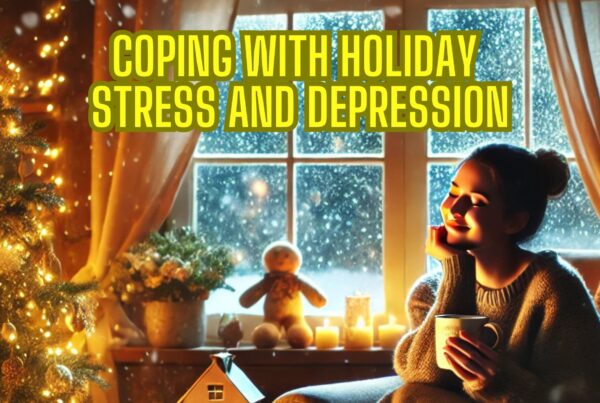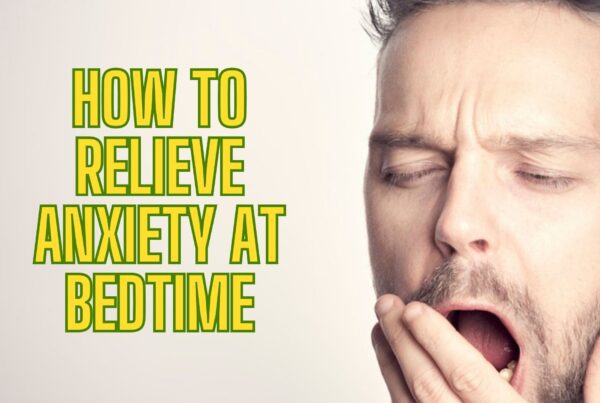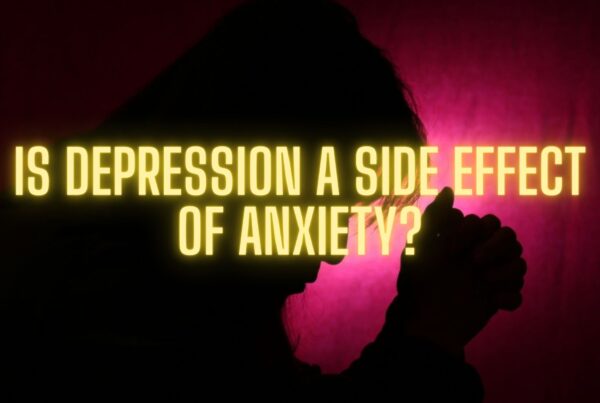The Intricate Dance of Sleep and Mood
How many of you have noticed the relationship between sleep and your mood? This delicate dance can help you either spring out of bed ready for the day, or crawl out on the wrong side.
Sleep’s Role in Our Emotional Well-being
Historically, many believed that conditions like insomnia were merely side effects of disorders such as depression. The common narrative was that one becomes depressed, and as a result, their sleep pattern gets disrupted. This perspective seems to align with the experiences of many who find themselves kept awake by distressing thoughts, be it about past failures or the loss of a loved one. Furthermore, research has indicated that individuals with insomnia often have a history of anxiety or depression.
However, what if this relationship is flipped? What if it’s the lack of sleep that’s paving the way for depression?
The Precedence of Sleep Disturbances
Over recent years, a shift in understanding has emerged. Disturbed sleep patterns often precede depressive episodes, challenging the idea that sleep disturbances are merely secondary to other conditions. It’s not hard to relate to this idea. After a night of poor sleep, feelings of irritability, sadness, or heightened emotional sensitivity are common. Research supports this anecdotal evidence, suggesting that our emotional regulation abilities diminish after inadequate sleep. Furthermore, insomnia has been identified as a predictor of depression.
Unraveling the Why: Sleep and Depression
Several mechanisms have been proposed to explain the connection between sleep disturbances and depression. One such perspective focuses on our behavior. After a restless night, many of us might opt to cancel plans, whether it’s a workout session or a social gathering. Such activities, however, can be instrumental in warding off depressive symptoms.
Delving deeper into the brain’s workings, certain studies have spotlighted the amygdala, a region associated with emotions and anxiety. Research has shown that after roughly 35 hours of sleep deprivation, individuals exhibit a heightened amygdala response to emotionally negative stimuli. Moreover, the connections between the amygdala and brain regions that regulate it appear weakened, suggesting a reduced ability to manage emotions.
Genetics, Immunity, and Their Role
From a behavioral genetic standpoint, there’s evidence to suggest that poor sleep and symptoms of insomnia might share genetic underpinnings with depression. In other words, the genes predisposing someone to insomnia might also make them susceptible to depression.
Another fascinating avenue of research explores the relationship between the immune system and depression. Elevated levels of inflammation, indicative of an overactive immune system, have been observed in those at risk of or suffering from depression. Intriguingly, sleep disturbances also seem to trigger inflammation, hinting at another potential link between sleep and mood disorders.
Taking Steps Towards Better Sleep
Given the intertwined nature of sleep and emotional well-being, improving sleep quality might be a key strategy in preventing or treating depression. Recent studies have begun to explore this possibility. For instance, a collaborative study between the University of Oxford and Self Help Manchester evaluated the effects of an online insomnia treatment on symptoms of anxiety and depression. Participants were advised on various strategies, such as maintaining a consistent wake time and challenging beliefs about the repercussions of poor sleep. The results were promising, with both anxiety and depression symptoms showing improvement post-treatment.
Sleep and Mood
In essence, the importance of sleep cannot be overstated. As research continues to shed light on its profound impact on our mental health, one message stands out: prioritizing sleep is paramount for our overall well-being.
Release Hypnosis Melbourne Hypnotherapy
Since 2015, Lawrence Akers has been working under the name Release Hypnosis offering Hypnotherapy and ACT based work to the people of Melbourne or an online service. Based on St Kilda Rd, Release Hypnosis is an easy and convenient location to get to and accessible by the ANZAC station train and tram stop. Release Hypnosis can help with a wide range of presenting issues, and I offer a free 30 minute no obligation discovery call for those who are unsure if hypnotherapy is the right way forward for them.
Book Your FREE 30 Minute Consultation With Release Hypnosis NOW!
You might also like to read:
OUTthink – An Exploration of Transgender – Sally Goldner
How Does Hypnotherapy Work With Weight Loss?
Breaking Addiction Through Counselling and Hypnosis
The Truth About Hypnotherapy and Quitting Smoking








